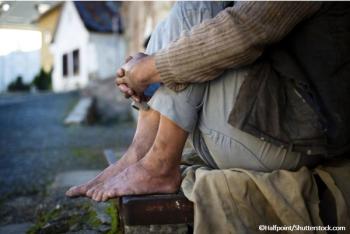
What factors predict if a homeless person will be able to engage in supported housing to attain and retain an apartment? What supportive services facilitate permanent exits from homelessness?

What factors predict if a homeless person will be able to engage in supported housing to attain and retain an apartment? What supportive services facilitate permanent exits from homelessness?

A multi-level, prevention-oriented approach that addresses poverty.

The impetus to consider inflammation as potentially relevant to the pathoetiology of domain-based psychopathology (eg, anhedonia) and/or mental disorders, is provided by a confluence of factors discussed here.
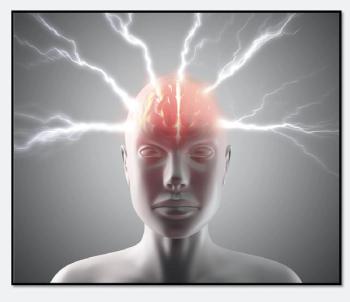
The studies reviewed in this article provide a new model for clinical practice-one where the treatment of depressed patients is not governed by trial and error, but rather where patients can access new interventions sooner.
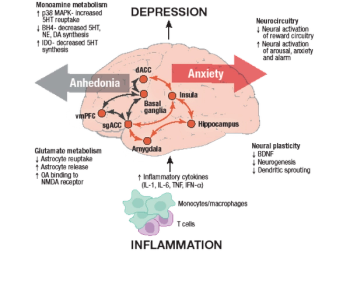
Immunologic processes may play a pivotal role in the development and maintenance of psychiatric disorders, opening an entire new avenue for novel strategies to prevent and treat psychiatric disease.

In addition to psychosocial problems, there is a growing realization that PTSD may also lead to or exacerbate chronic medical health conditions.
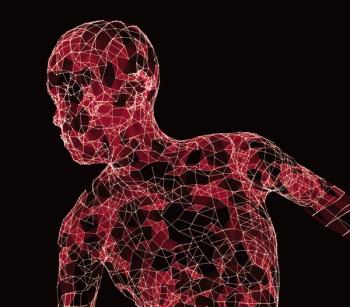
This 2-part Special Report devotes itself to the new inflammatory world that clinicians and researchers find themselves in. Most of our prior and current preconceptions about the role of immunity and mental illness have been-and are-wrong.

What are the symptoms and treatment strategies for this rapidly growing phenomenon in older adults?
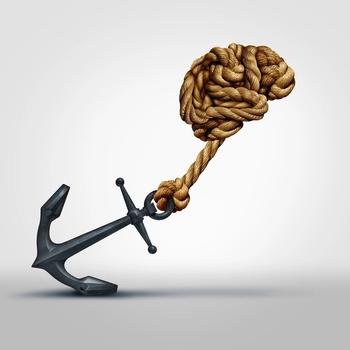
The cases presented here illustrate the complexities of memory loss and psychiatric comorbidities.
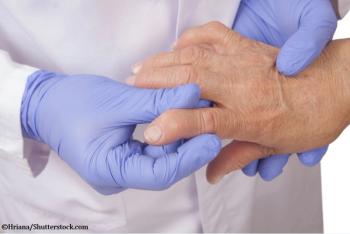
While opioid use disorders are more common in younger patients, prevalence among the elderly is growing.
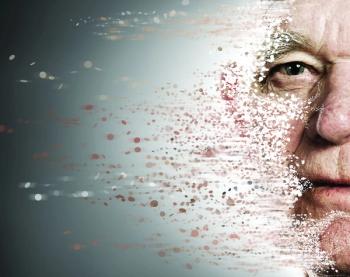
This Special Report on Geriatric Psychiatry addresses a variety of clinical issues in the rapidly growing diverse population of older adults.
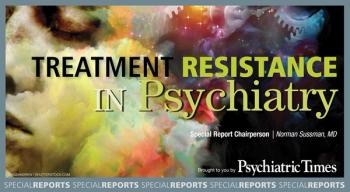
When patients endure repeated trials of medications to no avail in the areas of PTSD, panic disorder, bulimia nervosa, and other illnesses, psychiatrists are there.

Technology holds great promise to improve the future of mental health. Here: an overview of the types of techology-based solutions currently available.

Telepsychiatry-based Cultural Sensitivity Collaborative Treatment is a promising and effective model to improve treatment of depression in underserved racial and ethnic minority populations. Details here.

How is technology affecting psychiatric practice and addressing barriers in the clinical care of our patients?
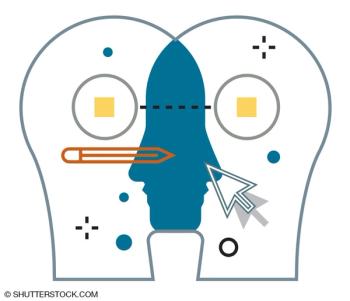
To explore the evolving role of smartphones in psychiatric care, this article focuses on schizophrenia as a disease-specific example of how new research and technologies are already being used to improve care.

This Special Report on treatment resistance provides expert guidance on how to treat patients who are still unresponsive after multiple unsuccessful attempts at intervention for some common mental disorders.
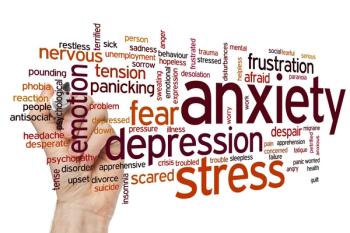
How to help the one-third of patients with panic disorder who have chronic, persistent symptoms?
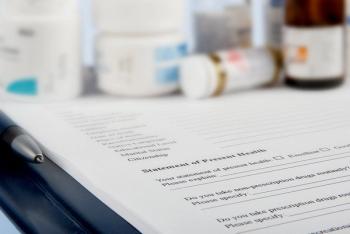
Trauma-focused cognitive-behavioral therapy, pharmacotherapy, and combinations thereof. Expert guidance here.
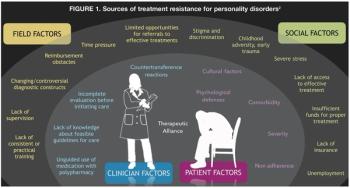
While treatment of bipolar disorder challenging , the notion that it is treatment resistant is contradicted by longitudinal and treatment research that indicates high rates of remission over time, moderate rates of recovery, and significant response to structured treatments tailored to symptoms.

Dialectical behavior therapy may be particularly effective in mitigating biologically-driven vulnerabilities, and zonisamide and lamotrigine may play a role.
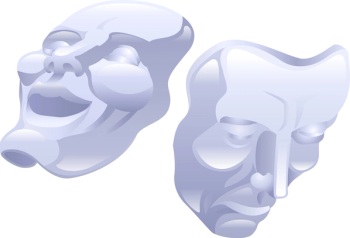
This article focuses on treatment resistance to medications in adult male and non-pregnant adult female outpatients with any type of DSM-5 diagnosed bipolar disorder.
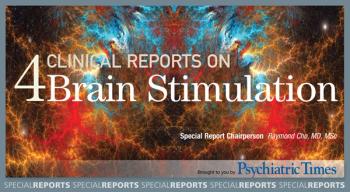
This slideshow provides a snapshot of innovative alternatives to traditional treatments for psychiatric disorders.
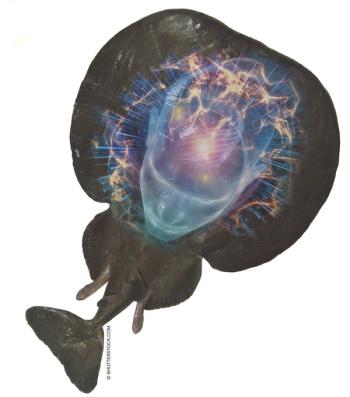
This article describes challenges for psychiatrists striving to ensure informed consent for, and for patients who may lack full appreciation of the risks and benefits of, neurostimulation.
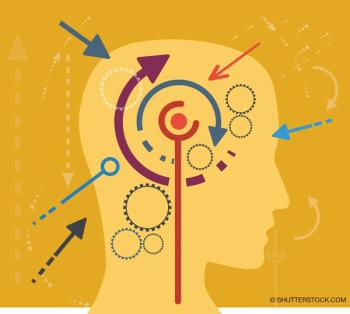
Transcranial direct current stimulation is a battery-powered noninvasive device used to treat a range of neuropsychiatric disorders. Details here.
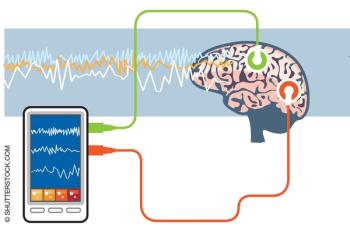
There is a growing trend for patients to obtain and use tDCS devices without the interposition of a psychiatrist filling the traditional medical-legal role of learned intermediary. The authors explore various issues.

Here: a review of the neurobiology and circuitry behind memory as well as current studies involving neuromodulation for memory disorders.
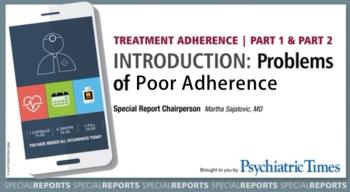
Treatment nonadherence in psychiatric patients contributes to increased suicide rates, illness exacerbation, hospitalization, and mortality. This Special Report countdown highlights the psychiatrist’s role in addressing barriers to treatment in a number of scenarios.
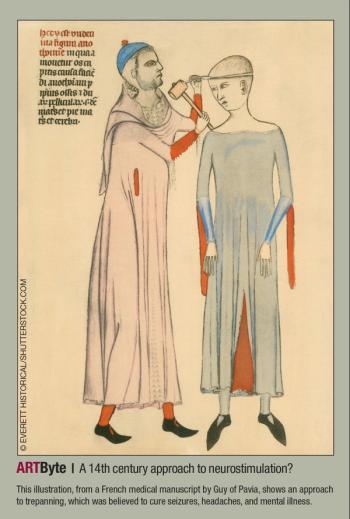
Neurostimulation approaches offer an exciting set of therapeutic alternatives to traditional pharmacotherapy for psychiatric disorders.
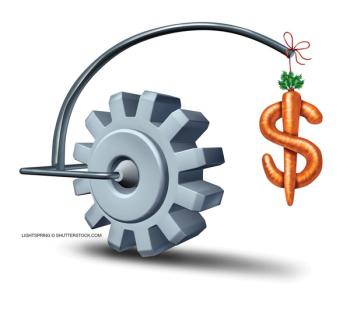
A number of behaviors are improved by financial incentive interventions. Details here.